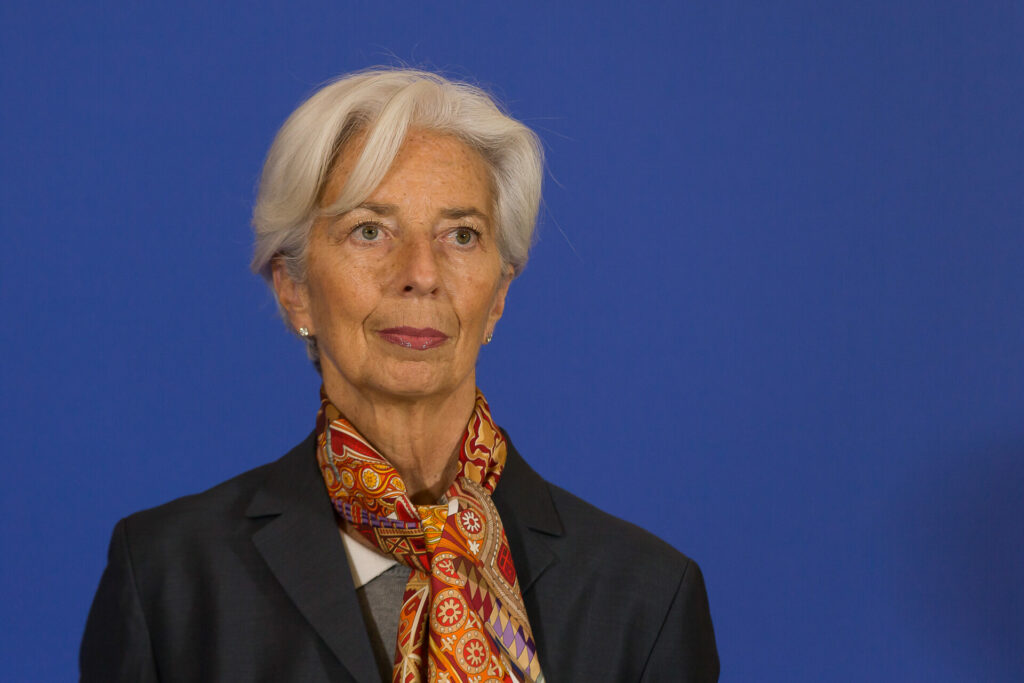In light of skyrocketing inflation rates which are not expected to go down any time soon, the European Central Bank (ECB) announced that it will increase key interest rates for the first time since 2011.
The institution plans to raise interest rates by 25 basis points in July to fight the rising rates of inflation; a second increase is planned in September, it announced in a press release on Thursday following its latest monetary policy meeting.
The ECB stressed the challenges of the rapidly rising inflation rate, which reached a record high of 8.1% as a result of increasing energy and food prices and was further accelerated by Russia's invasion of Ukraine.
"Inflation pressures have broadened and intensified, with prices for many goods and services increasing strongly," the institution explained.
The bank covers 19 countries that use the euro and announced plans to end bond buys on 1 July before raising the interest rates. This prevents rates from being increased immediately.
The move could see banks in Eurozone Member States also raise interest, which would make lending money more expensive. Central banks in the United States and the United Kingdom have already increased their interest rates earlier this year.
Future outlook
Despite the dire current situation, the ECB's President Christine Lagarde stressed that the Governing Council will "make sure that inflation returns to its 2% target over the medium term."
In its statement, the central bank said that baseline projections indicate that inflation will remain uncomfortably high for some time, but that "conditions are in place for the economy to continue to grow", thanks largely to "a strong labour market, fiscal support and savings built up during the pandemic."
Related News
- War in Ukraine continues to impact Belgian economy
- EU economy grows significantly in first quarter of 2022
The new projections foresee annual inflation of 6.8% in 2022 which should fall to 3.5% in 2023 and 2.1% in 2024. This is still higher than projections made in March.
The outlook of improved economic activity is also reflected in staff projections, which foresee annual real GDP growth at 2.8% in 2022, 2.1% in 2023 and 2.1% in 2024. These, too, are significantly lower that the projections made in March.

